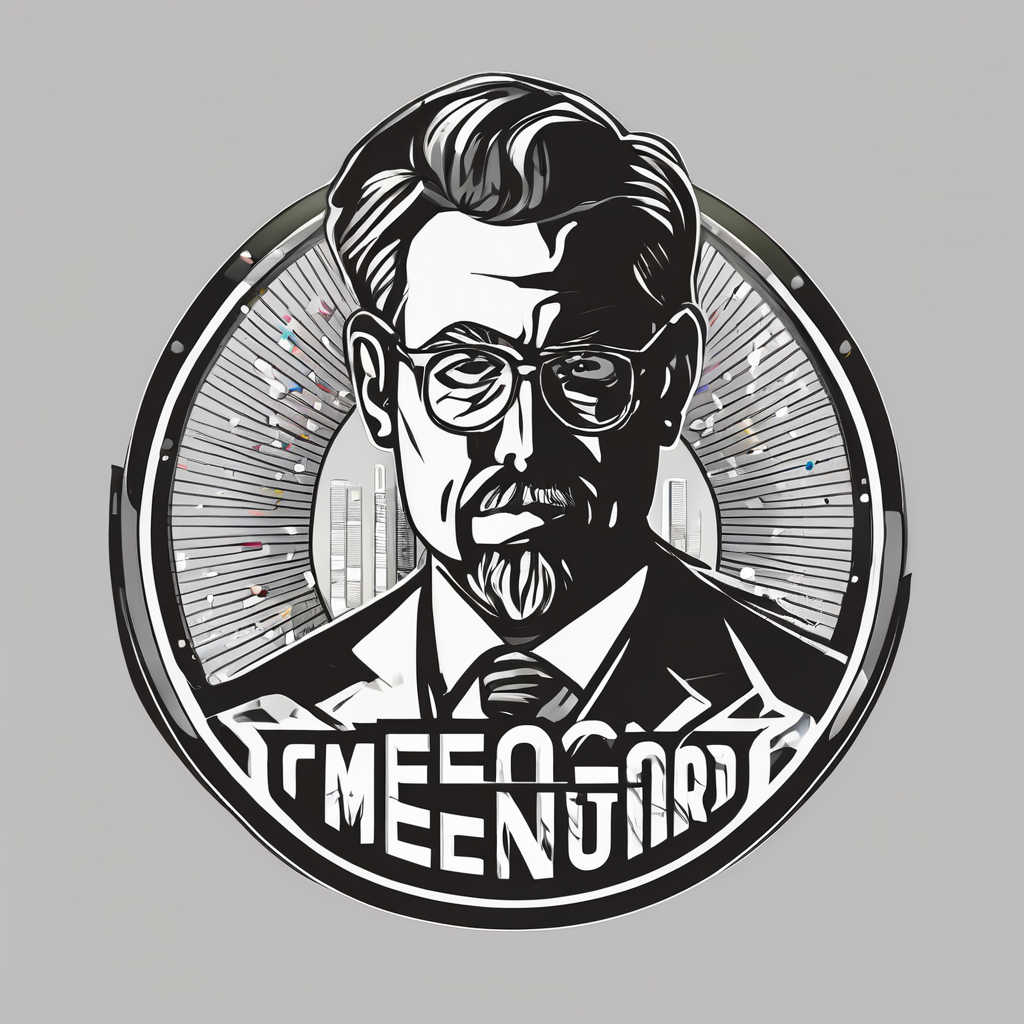In an era dominated by digital interactions, mobile apps have become indispensable tools for travel agencies, particularly in the United Kingdom. As travel habits evolve and mobile use skyrockets, ensuring that your app stands out through effective marketing is crucial. This article delves into the best mobile app marketing practices for UK travel agencies, providing a comprehensive guide to attract and engage your target audience.
Understanding the Landscape: The Role of Mobile Apps in the Travel Industry
With the surge in smartphone usage, the travel industry has experienced a significant shift. More travelers are relying on mobile apps for planning trips, booking flights, and discovering destinations. This trend underscores the necessity for UK travel agencies to adapt and leverage mobile marketing strategies.
In the same genre : How Can UK Subscription Box Services Use Email Marketing to Reduce Churn Rates?
The integration of app functionalities, such as real-time media updates, personalized recommendations, and seamless booking systems, enhances the travel experience. For a travel app to thrive, it must offer more than just basic services; it must provide value and convenience, capturing the audience’s attention and loyalty.
In the competitive landscape of the travel industry, brand differentiation is paramount. Agencies need to ensure that their app store optimization strategies align with user preferences and behaviors. Crafting a compelling digital marketing strategy that includes social media engagement, influencer marketing, and search optimization becomes essential.
Also to discover : What Are the Effective Ways for UK Florists to Use Pinterest for Seasonal Promotion?
Crafting an Effective Mobile App Marketing Strategy
Developing a marketing strategy that resonates with users involves understanding their needs and habits. For UK travel agencies, this means tailoring your approach to cater to both local and international travelers. The following elements are crucial in building a robust app marketing strategy:
Target Audience Analysis
Identifying your target audience is the foundation of any successful marketing strategy. For UK travel agencies, this includes both domestic travelers and tourists. User personas help in understanding the preferences, behaviors, and pain points of different segments. Leveraging search data and analytics tools provides insight into what your audience is looking for, allowing you to tailor content and features accordingly.
Personalization and User Engagement
Personalization is no longer a luxury but a necessity in the digital marketing arena. Travel apps that offer personalized recommendations based on user preferences and past behavior see higher engagement rates. Implementing features such as tailored travel itineraries, location-based alerts, and exclusive deals can significantly enhance user experience.
Seamless User Experience
A seamless user experience is crucial for retaining users. This includes intuitive navigation, fast loading times, and a clean, attractive interface. Regular updates and responsiveness to user feedback ensure that your app remains relevant and functional. Investing in app development to fix bugs and improve performance is essential for maintaining a positive brand image.
Leveraging Social Media and Influencer Marketing
In today’s digital age, social media platforms are powerful tools for media marketing. For UK travel agencies, harnessing the power of social media and influencer marketing can amplify your reach and build credibility.
Social Media Strategies
An effective social media strategy involves creating engaging content that resonates with your audience. This includes sharing travel tips, destination highlights, and user testimonials. Utilizing platforms like Instagram, Facebook, and Twitter allows for real-time interaction and community building. Engaging with your audience through interactive posts, contests, and live videos can boost visibility and drive app downloads.
Influencer Collaborations
Collaborating with influencers, particularly those in the travel niche, can provide significant exposure. Influencers have loyal followings that trust their recommendations, making them ideal partners for promoting your travel app. Ensure that the influencers you collaborate with align with your brand values and can authentically represent your services.
User-Generated Content
Encouraging users to share their travel experiences via your app and on social media can create a sense of community and loyalty. User-generated content (UGC) is a powerful tool for building trust and showcasing real-life usage of your services. Hosting photo contests, where travelers share their best shots with a branded hashtag, can significantly increase engagement and visibility.
App Store Optimization and Search Strategies
To ensure that your travel app stands out in a crowded market, app store optimization (ASO) and search strategies are paramount. ASO improves your app’s visibility in app stores, driving organic downloads.
Keyword Optimization
Identify and integrate relevant keywords that potential users might use when searching for travel services. This includes terms related to travel, destinations, and specific services your agency offers. Regularly updating your keywords based on search trends ensures that your app remains discoverable.
Compelling App Descriptions and Visuals
Your app description should be concise, informative, and persuasive, highlighting key features and benefits. Complement this with high-quality visuals, including screenshots and videos that showcase the user interface and experience. Engaging visuals can significantly impact users’ decisions to download your app.
Positive Reviews and Ratings
Encourage satisfied users to leave positive reviews and ratings on the app store. High ratings and glowing testimonials can enhance your app’s credibility and attractiveness. Addressing negative feedback professionally and promptly demonstrates your commitment to customer satisfaction.
Utilizing Digital Marketing and Media Strategies
A multifaceted digital marketing approach is essential for maximizing your app’s reach and impact. This includes leveraging various media channels, from social media to paid ads, to create a comprehensive marketing strategy.
Email Marketing Campaigns
Email marketing remains a powerful tool for engaging with potential and existing users. Personalized email campaigns that offer travel tips, updates, and exclusive deals can drive app downloads and engagement. Segmentation allows you to tailor messages to different user groups, enhancing relevance and effectiveness.
Paid Advertising
Investing in paid advertising, including Google Ads and social media ads, can significantly boost your app’s visibility. Targeted ads ensure that your marketing efforts reach the right audience, driving higher conversion rates. Utilize A/B testing to determine the most effective ad formats and messages.
Content Marketing
Creating valuable content, such as blog posts, travel guides, and video tutorials, can showcase your expertise and attract potential users. Content marketing also improves search engine rankings, making it easier for travelers to discover your app. Incorporate keywords naturally into your content to enhance SEO.
For UK travel agencies, adopting the best mobile app marketing practices is essential for standing out in a competitive market. By understanding your audience, leveraging social media and influencer marketing, optimizing for app stores, and utilizing a comprehensive digital marketing strategy, you can effectively attract and engage users.
Brand differentiation, personalization, and seamless user experience are the cornerstones of a successful travel app. Embrace these strategies to not only enhance your app’s visibility but also to build a loyal user base that sees your app as an indispensable travel companion.
Remember, the travel industry is dynamic and ever-evolving. Staying ahead requires continuous adaptation and innovation. By implementing these best practices, UK travel agencies can elevate their mobile marketing strategies, ensuring long-term success and sustained growth.






